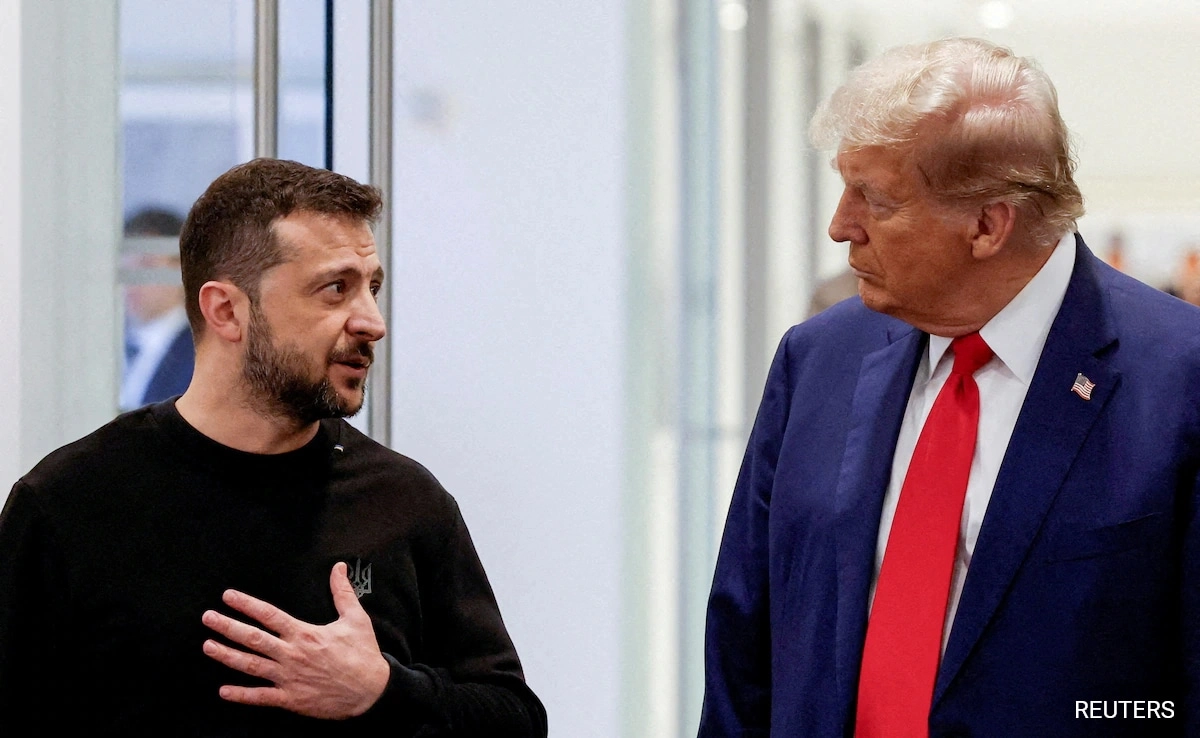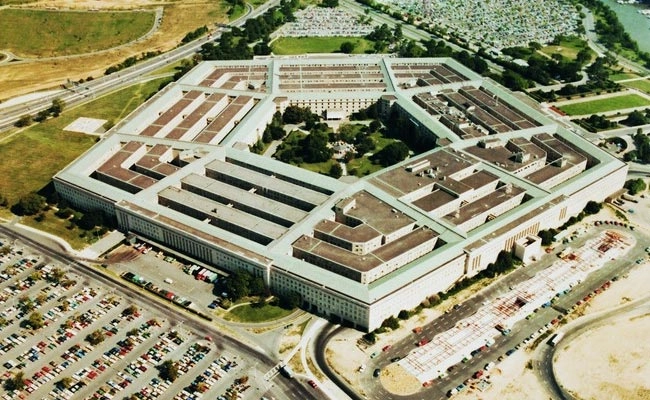The discussion surrounding the potential return of the monarchy in Nepal has gained traction in recent years, stirring a mix of nostalgia and apprehension among the populace. Since the abolition of the monarchy in 2008, the nation has undergone significant political upheaval, transitioning to a federal democratic republic. However, the yearning for the days of monarchy, especially among certain segments of society, has led to a resurgence of royalist sentiments. Proponents of the monarchy argue that a return to a royal system could provide stability in a country that has faced persistent political turmoil, corruption, and ineffective governance. They believe that the monarchy symbolizes national unity and cultural identity, which they feel has been undermined in the current republican framework.
On the other hand, critics of the monarchy’s potential re-establishment emphasize the importance of democratic values and the dire need for continued progress in human rights and individual freedoms. The scars of a feudalistic past still linger in the memories of many, and there is a palpable fear that a return to monarchy could roll back the hard-won gains of democracy. The experience with the monarchy in the past, characterized by autocratic rule and limited political freedoms, leads many to question whether nostalgia is a valid reason to revert to a system that could potentially stifle the very freedoms that many Nepalese strive for today.
Furthermore, the current political landscape in Nepal is complex, with various parties and factions vying for power. The idea of reinstating the monarchy would require not only a significant shift in public sentiment but also a political consensus, which seems unlikely given the fragmented nature of Nepalese politics. While royalist sentiments may resonate with certain segments of the population, particularly in rural areas, the urban electorate, especially the youth, tends to favor democratic governance and progressive reforms. As such, the question of whether Nepal will really see a return to monarchy hinges on a delicate balance of public opinion, political maneuvering, and the overarching desire for stability in a country still grappling with its identity and governance challenges.
In conclusion, while the allure of monarchy persists for some, the path to its reinstatement is fraught with challenges. The future of Nepal lies in its ability to reconcile its historical legacy with contemporary aspirations for democracy and human rights. The debate over monarchy versus republicanism is not merely a question of governance; it reflects deeper societal values and the collective vision of what Nepal should strive to be in the coming years. As the nation navigates its political landscape, the emphasis should remain on fostering inclusive dialogue that respects the diverse opinions of its citizens, ultimately guiding the country toward a future that honors its past while embracing progress.




